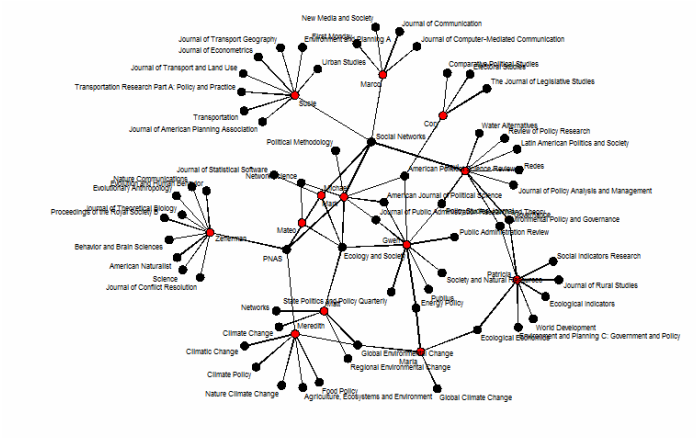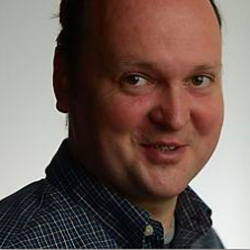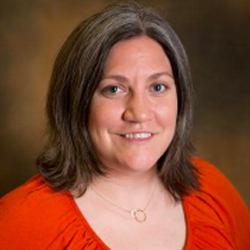The International Communication Association inducted Professor Noshir Contractor as a Fellow at the annual ICA conference held in San Juan, Puerto Rico on May 21-25, 2015. The inducting committee had the following to say about Prof Contractor:
“Noshir Contractor is recognized for his stellar work on communication networks and organizational communication, and for his path-breaking research in computational social science, communication information systems, and multi-level network modeling. His co-authored book Theories of Communication Networks is by far the most comprehensive and significant theoretical treatise on communication networks. He is one of the few scholars in our discipline to have published in the prestigious journal Science and in the coveted Proceedings of the National Academy of Sciences. He is the foremost scholar in multi-method, multi-level network modeling and has become a national and international leader in applying network analysis to broad-scale social problems. This intellectual leadership extends to policy arenas through his work on emergency response systems, science teams, sustainable development, cyberinfrastructure, and knowledge networks. He has produced a corpus of scholarship that has carved new terrains, captured the attention of researchers inside and outside the field, and garnered an outstanding record of external funding.”
Learn more about ICA Fellows






 SONIC Lab is proud to welcome Prasad Balkundi, who will present a talk on Thursday, May 7th, 2015 at 2:00 PM in the SONIC Lab in the Frances Searle Building 1-459. All are welcome to attend. To schedule a one-on-one meeting with Professor Balkundi please schedule a time
SONIC Lab is proud to welcome Prasad Balkundi, who will present a talk on Thursday, May 7th, 2015 at 2:00 PM in the SONIC Lab in the Frances Searle Building 1-459. All are welcome to attend. To schedule a one-on-one meeting with Professor Balkundi please schedule a time 
 SONIC Lab is proud to welcome Balazs Vedres, who will present a talk on Wednesday, April 22nd, 2015 at 10:00 AM in the SONIC Lab in the Frances Searle Building 1-459. All are welcome to attend. To schedule a one-on-one meeting with Professor Vedres please schedule a time
SONIC Lab is proud to welcome Balazs Vedres, who will present a talk on Wednesday, April 22nd, 2015 at 10:00 AM in the SONIC Lab in the Frances Searle Building 1-459. All are welcome to attend. To schedule a one-on-one meeting with Professor Vedres please schedule a time 
 SONIC Lab is proud to welcome Libby Hemphill, who will present a talk on Thursday, April 16th, 2015 at 2:00 PM in the SONIC Lab in the Frances Searle Building 1-459. All are welcome to attend. To schedule a one-on-one meeting with Professor Hemphill please schedule a time
SONIC Lab is proud to welcome Libby Hemphill, who will present a talk on Thursday, April 16th, 2015 at 2:00 PM in the SONIC Lab in the Frances Searle Building 1-459. All are welcome to attend. To schedule a one-on-one meeting with Professor Hemphill please schedule a time 


